About sustainable travel
Want to learn more about sustainable travel...
Speak to one of our consultants today
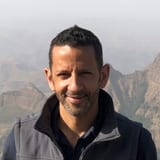
Ben


Can't decide where to go? Why not peruse some of our most popular destinations for inspiration then give us a call!
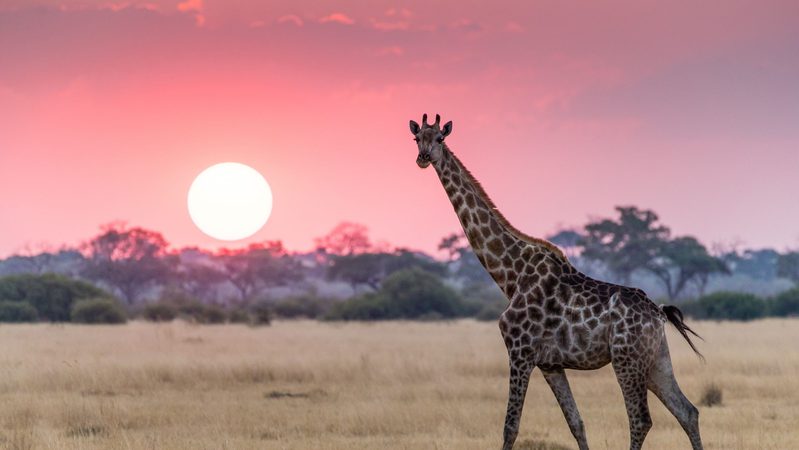
A diverse land brimming with superb safaris, pristine sandy beaches, towering snow-capped peaks and tropical underwater worlds is just waiting to welcome you

Australia offers vibrant cities, diverse landscapes, and iconic wonders like the Great Barrier Reef. New Zealand adds dramatic scenery, Maori culture, and relaxed charm. Together, they promise nature, adventure, culture, and warm hospitality.

If you're dreaming of an island getaway, look no further than the Caribbean with its gorgeous soft sand beaches and lively, diverse cultures.
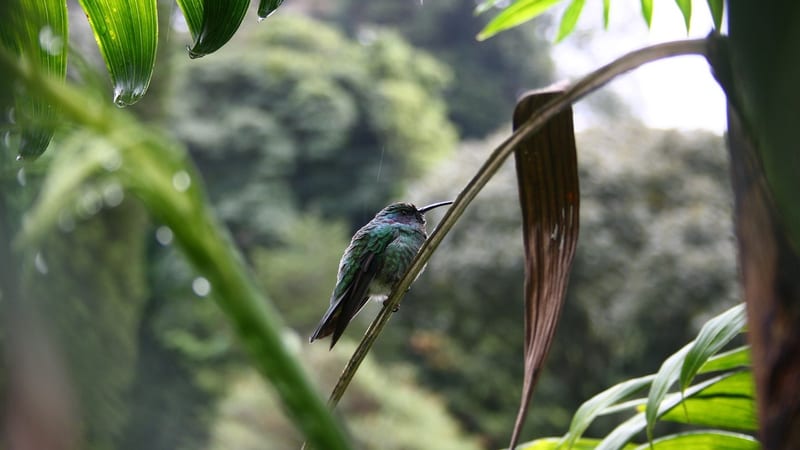
Head to the amazing destination that is Central America, full of the knowledge of ancient civilizations, incredible mountains, and beautiful beaches.

Discover vibrant cultures, pristine beaches, and tantalizing flavours in the captivating travel haven that is East and Southeast Asia

Embark on a journey through the vibrant tapestry of India, Sri Lanka, and Bhutan—where ancient temples, lush tea plantations, and soaring Himalayan peaks promise unforgettable moments at every turn.
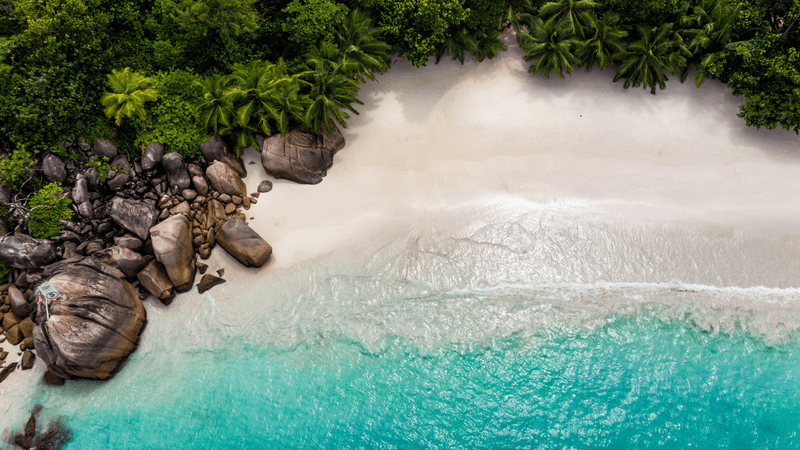
Picture yourself basking on sun-kissed beaches, sipping tropical cocktails beneath swaying palms —where crystal-clear lagoons and luxurious resorts cater to your every desire.

Experience world-class hospitality, mouthwatering cuisines, and the region’s deep-rooted cultural traditions for an unforgettable Middle East adventure.

Venture to the ends of the Earth and behold the icy majesty of polar landscapes. Discover pristine solitude, exhilarating expeditions, and breathtaking views that promise a memorable encounter with nature at its most dramatic
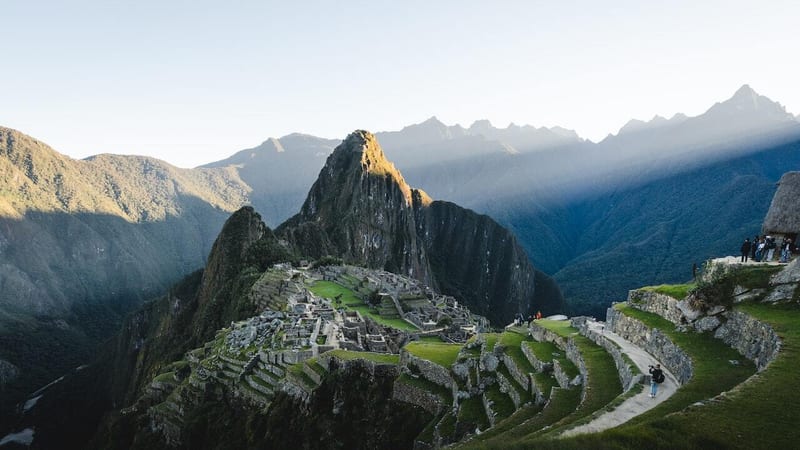
Journey into the heart of South America, where the rhythmic pulse of its vibrant cities meets the majesty of the Amazon rainforest and the timeless wonder of ancient civilizations.
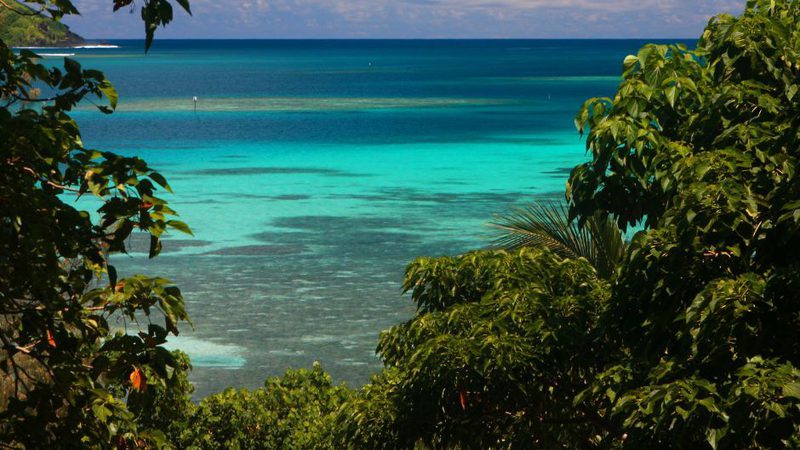
The South Pacific is a paradise of turquoise waters, white-sand beaches, and vibrant island cultures. From adventure and natural beauty to pure relaxation, each island offers its own unique charm and welcome.
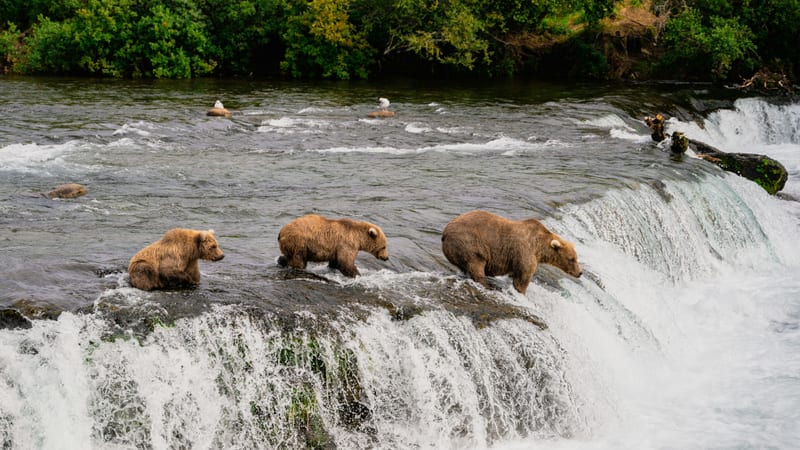
From the soaring plains of the Southwestern USA to the stunning landscapes of the expanses of Canada, visit some of the most impressive scenery in the world

If you are looking for a trip to knock iconic locations off your bucket list, check out our buck list recommendations
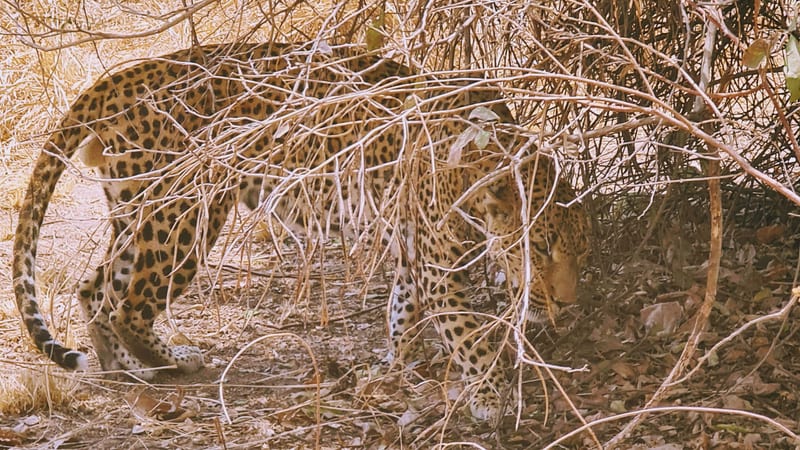
From the graceful stride of giraffes at sunrise to the echoing roars of lions beneath starlit skies, each of our safaris promises an unforgettable dance with nature.


Our family holidays are a perfect opportunity to create lasting memories, whether exploring new destinations or simply enjoying quality time together. From adventure-filled escapes to relaxing beach retreats, they offer a chance to reconnect and unwind away from daily routines.

Our luxury holidays offer the finest experiences, from exclusive resorts and private villas to tailor-made adventures with impeccable service.

For those seeking adventure beyond the usual tourist trails, our off-the-beaten-track trips take you to some of the world’s most remote and untouched destinations, where authentic cultural encounters and breathtaking landscapes await. Let us craft your unique journeys that few travellers ever experience.
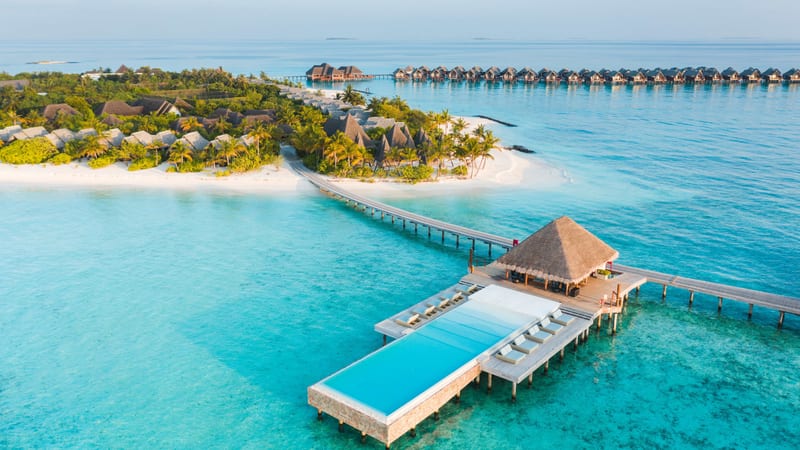
For the ultimate beach escape, we offer luxury holidays to some of the world’s most stunning coastal destinations, from the white-sand shores of Antigua to the turquoise waters of Zanzibar.

For those who crave excitement and exploration, our adventure holidays take you to some of the world’s most thrilling destinations, whether trekking through Patagonia, summiting Mount Kenya, or kayaking past icebergs in Antarctica.

Interested in something a bit more focused? How about a horse-riding holiday through Argentina? Or a photography safari? Look through our Special Interest holiday selection for inspiration

Our wildlife holidays invite you to step into unique ecosystems and experience amazing animal encounters. Whether spotting majestic tigers in the jungles of India or marvelling at polar bears in the Arctic, each trip promises awe-inspiring moments steeped in the magic of nature.

Our small group tours offer the perfect balance of expert-guided exploration and personal experience, taking you to incredible destinations with like-minded travellers. Whether it's a wildlife safari in Botswana, a cultural journey through Vietnam, or a chef-led expedition through India, our carefully curated itineraries ensure an intimate, enriching, and hassle-free experience.

Sustainability travel is at the core of what we do and a guiding principle in every choice we make as a business. Let us help you make sustainable travel choices
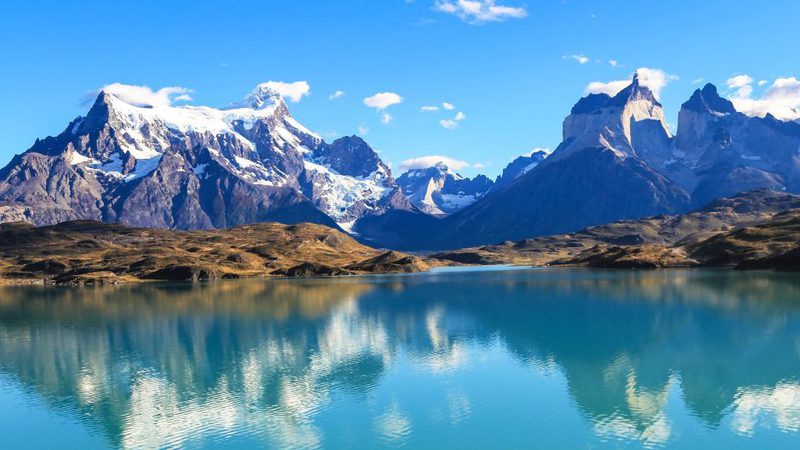
Read about what we do to make a difference

One of the most important parts of our commitment to responsible travel is protecting our clients, and it is a part that we take extremely seriously.
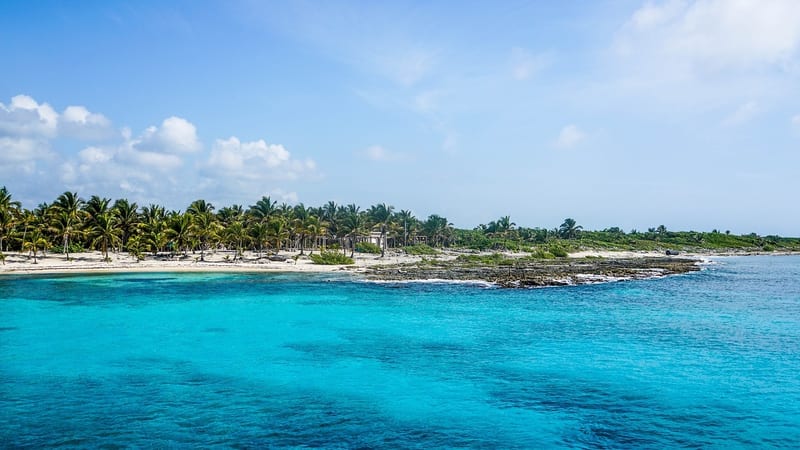
Not sure what's best for which time of year? Check out our expert-written guides

Looking for some expertise on your destination? Have a look through our selection of guides and articles written by our destination experts

Looking for more inspiration? Read from our range of hundreds of articles from our travel specialists, local guides, and personal travel tales.
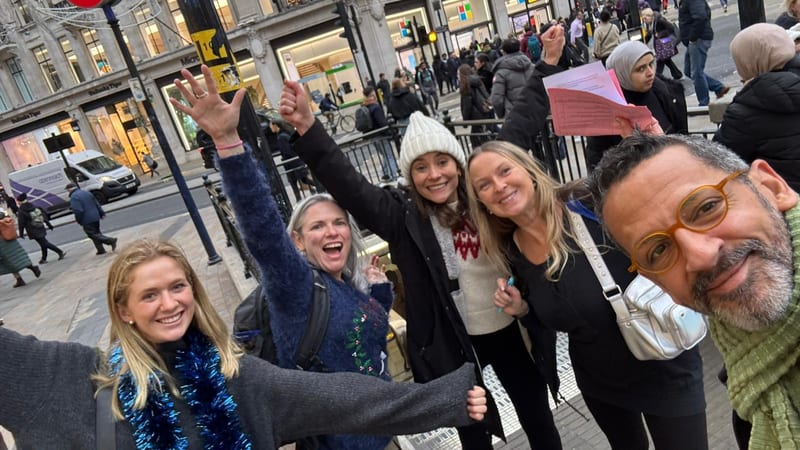
Our mission is to make every holiday special. We will do this whilst specifically aiming to minimise the environmental impact of our activity and maximise our opportunity to influence others to do the same.
We’ve compiled an easy to follow jargon busting A-Z list of sustainability lingo

Animal welfare – If you’re going on a wildlife orientated holiday, have a quick think any wildlife which may be affected by your trip. No visits to tiger or lion parks and having a photo opportunity with an adorable cub and definitely no riding elephants. The easiest way to consider animal welfare is ‘look but don’t touch’.
Anthropocene – This defines Earth’s most recent geologic time period and has been influenced by overwhelming global evidence that the planet has been altered by humans, which began roughly 10,000 years ago.
Biodiversity – The complexity of the natural world and all the components which make every part of every ecosystem around the planet. Introducing something new or foreign in to an ecosystem can have a detrimental effect, causing it to deteriorate.
Biofuel – These are produced from biomass such as plant or animal sources rather than from fossil fuels such as oil.
Biodegradable – A natural process of decomposition without casing harm to the environment.
Borehole – A narrow shaft dug into the ground with the purpose of extracting water or oil.

Climate change – This refers to the changing temperature of the planet, usually associated with the results of human activity causing a detrimental effect on the world around us.
Carbon emissions – This is the volume of Greenhouse Gases (GHGs) being released in to the Earth’s atmosphere. The tourism industry is responsible for roughly 10% of the total emissions world-wide per year.
Carbon footprint – The total amount of greenhouse gasses produced by an individual or an organisation, this is usually measured in tonnes of carbon dioxide.
CO2 – The shorthand for the chemical composition of carbon dioxide – the greenhouse gas that is considered to be a great contributor to global warming.
CO2kge – It may look like something from a school science lesson, but this number basically stands for the universal measurement of calculating global warming potential when burning a fuel. It stands for carbon dioxide equivalent as it includes carbon dioxide as well as other greenhouse gases such as methane which all go into the calculation. When calculating your carbon footprint it is best to include all greenhouse gases into the equation as other gases can be 10x more impactful than carbon dioxide.
Carbon scoring - this is usually carried out by an auditing company on behalf of people and organisations who want to know the impact their activities have on the planet. It's usually measured by answering questions about power, fossil fuel, resource and utility consumption amongst other things - find out more by reading our easy to follow FAQ's [link to FAQ's when live]
Climate positive/carbon negative – There’s two ways which we can look at how carbon emissions are offset. Personally, we prefer a more positive connotation so rather than trying to be be carbon negative, let’s try to be climate positive, meaning we have a positive influence on the world around us.
Conservation – Nature/Wildlife conservation, this term wears many hats but the goal is ultimately the same – protecting natural resources, safeguarding an environment for the natural inhabitants, usually wildlife.
Disaster tourism – Going on holiday to an area which has been affected by a disaster is a good way of helping to regenerate the area which may have fallen off the normal tourist radar.
Deforestation – The removal of a forested area so the land can be used for the development of other purposes such as agriculture or urban development.
DEFRA – Department for Environment, Food and Rural Affairs. The UK government department responsible for safeguarding the natural environment. Their broad remit means that they play a major role in peoples’ everyday life from the food we eat, air we breathe and water we drink.
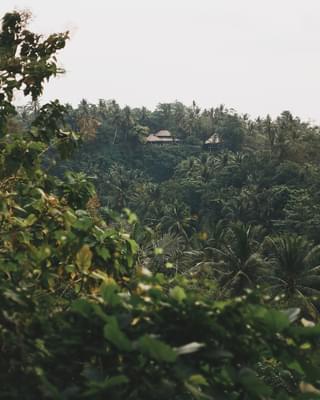
Eco-hotel – An environmentally conscious property which demonstrates sustainability, coexisting with as minimal an impact as possible to the environment around it.
Eco-tourism – Tourism which has ways of giving back to the environment. When you go on safari, you pay conservation levies and park fees – this money goes towards protecting the wildlife and paying the wages of those who work within the conservancy area.
Education – Sharing knowledge is key to making positive changes in the world we live in, through education we can share ideas of how to best preserve the world around us for future generations.
Eco-system – The simplest way to explain this is a community of living organisms that live and interact with each other in a specific environment. For example; in a tropical rain forest an ecosystem might be made up of trees, other plants, animals, insects and microorganisms.
Fair trade – This ensures that farmer and producers get a fair trade/price for their goods and services, minimising exploitation and underpaying making sure they are economically safe.
Flygskam – A term created by those clever Swedes which translates to ‘Flight shaming’ and encourages travellers to use alternative methods of travel as flying produces huge amounts of CO2 which is released directly into the atmosphere.
Food-print – Just like a carbon footprint this is a number which is quantified by calculating the carbon emissions it’s taken food to get to your plate. All manner of logistics need to be taken in to consideration; from harvesting, processing, storage, transportation, cooking, leftovers – every stage of a foods’ production has potential to have a food print. Those which are grown and produced locally will have a much lower impact than those which have to be imported.
Fossil fuels – Any fuels which have been extracted after taking many years to be created in their natural environment; coal, oil and natural gas are all fossil fuels.
Flipflopi – A non-profit organisation set up by Far and Wild founder, Ben Morison which is dedicated to inspiring people to stop single use plastics. They built a seafaring boat made up entirely of waste plastic, sailing it from Kenya to Zanzibar in 2018.
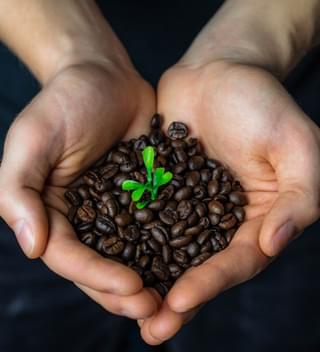
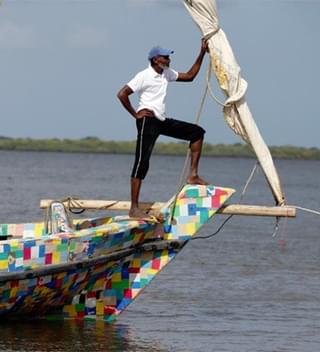
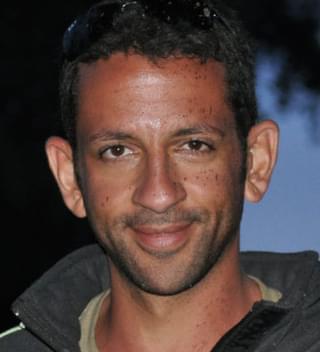
Greenwashing – Brands and organisations are becoming exceptionally clever at embellishing ways in which they claim to care about the environment. By shouting about their do-gooding, it distracts from other areas which might not be so environmentally considerate. The term originates from those little notes found in hotels suggesting guests reuse their towels as a way of saving the environment. It implies that the hotel cares for the environment when in fact their main concern is reducing the laundry and housekeeping costs
Greenhouse gases (GHG) – Atmospheric gasses which build up in the Earth’s atmosphere and contribute to global warming, raising the temperature of the planet.
Global warming – The progressive increase in the Earth’s surface and atmospheric temperature over a long period of time. This is heavily linked to climate change and the steady increase of greenhouse gases in the in the atmosphere.
Journalist - They play a huge role in helping others understand sustainability and the crisis the natural world is facing. Here are some of the best. Juliet Kinsman James Murray Fred Pearce Fiona Harvey George Minbiot
Investing - Changing our pension pots or investments away from fossil fuels is one of the biggest changes we can make to climate change without coming at a cost to your lifestyle. Recent reports are suggesting that the returns are better too.
Locally sourced - Buying locally sourced food and products has a massive impact in reducing our own carbon footprint. It also has economic benefits to our local area too which trickles down to benefit us
Overshoot Day – Humanity puts huge demands on the planet’s ecological resources – the Earth can regenerate but the amount humanity consumes continues to grow putting a greater strain on the natural world. Overshoot Day is the date at which we exceed what the planet can regenerate in a year, with every passing year that regeneration period gets shorter and shorter. In comparison, Earth Overshoot Day in 1980 was 4th November, in 2020 that day was reached on 22nd August.
Off grid – This can mean two things, being uncontactable and disconnected from today’s technology or being self-sufficient, harnessing the power of renewable energies and not being reliant on being connected to the power or servicing grids.
Offsetting – Carbon emissions which are produced are calculated, giving a number or score - through schemes such as tree planting, those carbon emissions are compensated for as a way of balancing the impact. Offsetting is better than doing nothing to try to reverse an impact, but many environmentalists believe that actively working to reduce emissions should be the priority. LINK off to our separate content about this
Organic – The method of producing goods and food without the use of synthetic, chemical fertilisers.
Ozone – A colourless gas and a layer in the stratosphere (approximately 20 miles up) – this layer plays an important role in blocking most of the ultraviolet radiation from the sun, shielding us from it’s harmful effects.
Plastic – Millions of tonnes are produced and dumped every year with a huge amount ending in the world’s oceans. Single use plastics are becoming more and more vilified with bioplastics increasingly used as a substitute – however, even these have their drawbacks as they need to be disposed or recycled in very specific ways so as not to contaminate the environment in their own ways.
Paris Agreement – In 2015 after many years of agreement, countries signed the momentous Paris Agreement, setting out global expectations to dramatically reduce the world’s carbon emissions, pledging to minimise the impact today’s society has on the planet.
Project Drawdown- It is a list of the top carbon emitters in today's world listed in priority and what we can cost-effectively change with the biggest positive impact on the planet.
Renewable energy – Electricity and power which is generated from natural resources with as minimal impact on the environment as possible. Solar, wild, geothermic, hydro power are all examples of renewable energy sources.
Recycle – Converting something which is considered as waste into something useful.
Rainwater harvesting – Collecting rainwater and storing it to assist with water supplies.
Re-purpose – Taking an object an re-utilising for another purpose after its original purpose has been completed.
Reforesting – Reclaiming areas of land and the re-plantation of trees. One of the more common ways of carbon offsetting is the planting of trees.
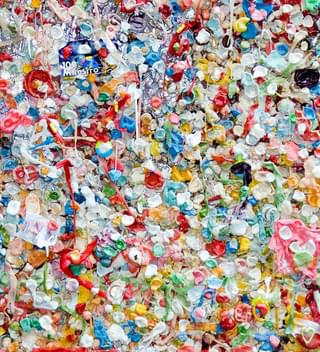
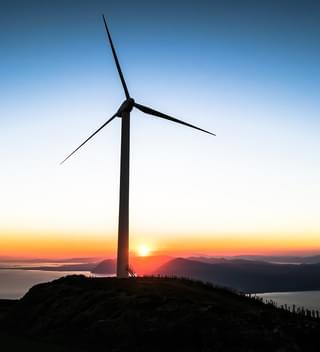
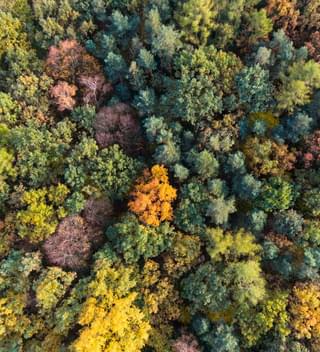
Sustainability – ‘The capacity to endure’ – A sustainable business is one that generates profit whilst improving environmental and social conditions. Link to UN SDGs that are framework adopted universally
Tagskryt – Train-bragging. A Swedish term which is expressed by those who have swapped travelling by plane for the slower, rail option.
Up-cycling – A process which prolongs the life-cycle of materials by reusing them to create higher quality or more durable goods.
Voluntourism – Or, working holidays appear to be noble in cause, raising funds for wildlife conservation, providing aide to humanitarian causes, or working to better a community. Some projects do accomplish good work, but care should be taken when considering these as a holiday option. Are they actually doing good or are they capitalising on commercial opportunities and exploiting those who are wanting to do good? Always thoroughly research a project before deciding whether or not to help.
Water – The stuff of life. Water is an imperative consideration, so be mindful if your journey is putting a strain on local supplies, this is especially important if you are heading to an area which has little supply and is a rarity.
Zero waste – One of the ultimate targets of being sustainable. Nothing goes to wates, nothing goes to landfill and everything is recycled or repurposed. This can be exceptionally tricky to achieve but there are some ingenious initiatives out there which reuse what gets thrown away every day.
If you would like to learn more about Far and Wild's commitment to promoting sustainable travel and championing those who are leading the way - head to our SUSTAINABILITY PAGE. We're dedicated to empowering our clients to make more sustainably minded choices when it comes to their holidays.
Speak to one of our consultants today


Get travel tips directly to your inbox every week
Give us a call on 0203 111 1315 or fill in the form below and we’ll be in touch.

